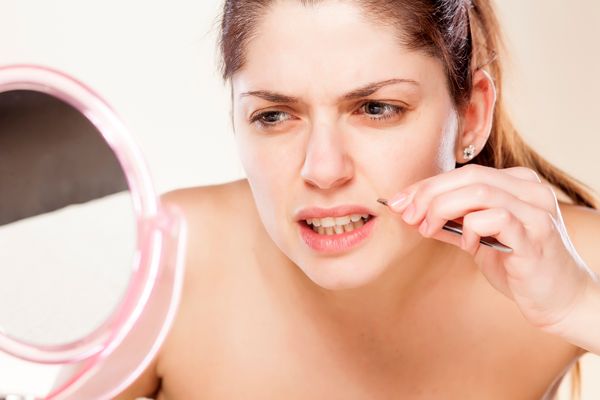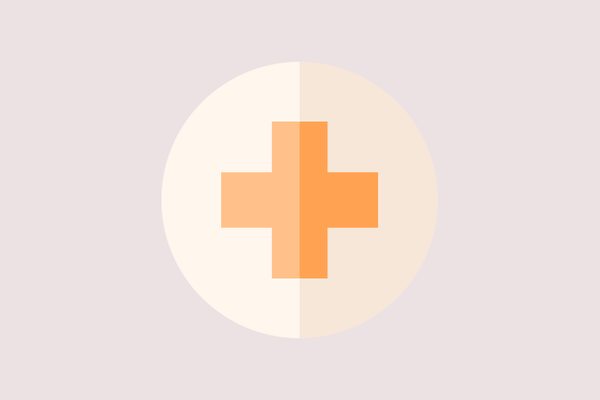Any woman over the age of 50 knows the symptoms—hot flashes, night sweats, fatigue, lower sex drive, infrequent periods, vaginal dryness, mood swings and trouble sleeping. They’re the eight cranky dwarfs that accompany perimenopause, although many of them persist into menopause. Less well known are the changes in cardiovascular health due to the depletion of estrogen, including the slowing of the metabolism and the resulting weight gain and additional belly fat, blood vessels losing their flexibility, higher blood pressure, and more LDL (bad) cholesterol and more less HDL (good) cholesterol.
In the past, women sought relief from symptoms and a way to protect their heart by asking for hormone replacement therapy (HRT), which consists of estrogen with or without progesterone. For healthy women looking for symptom relief, this is still an option. However, HRT is contraindicated for women with established heart disease and some physicians are reluctant to prescribe it due to findings from the Women’s Health Initiative study, the largest women’s health study ever done, which reported that post-menopausal women who took HRT were at a greater risk of breast cancer, heart disease, stroke, blood clots and urinary incontinence.
Fortunately, there is a lot you can do to keep your body healthy after menopause. It’s important to understand that HRT may be appropriate for a limited time during perimenopause before actual menopause—which is defined as the end of your menstrual cycle. However, there is a lot you can do instead of, or after, HRT. Here are some healthy solutions to combat each one of the symptoms of menopause:
Loss of Blood Vessel Flexibility: Regular aerobic exercise will keep things flowing. Walking counts!
Vaginal Dryness: Topical estrogen ointment can bring relief.
Bone Loss: Weight lifting or another weight-bearing exercise can help keep your skeleton healthy. And there’s a bonus—it helps reduce body fat, improves muscle mass and core strength and prevents the loss of muscle.
Weight Gain: Cut back on simple carbohydrates such as sugar, white flour and white rice. One thing NOT to do is to start drinking. Alcohol is sugar, which is bad for your metabolism and can raise triglycerides.
Higher Blood Pressure: Reduce your salt intake, increase your fiber, exercise regularly, get your blood pressure checked on a regular basis and if your doctor assigns medications, be sure you take them.
Higher Cholesterol: The DASH and the Mediterranean diets are delicious and sustainable ways to eat well and control your cholesterol. However, some people are genetically predisposed to high cholesterol. Be sure to get yours evaluated by your doctor and take any medications that are prescribed.
Mood Swings: Talk to your doctor about antidepressants. Certain medications can also relieve some menopausal symptoms.
Menopause is a natural part of life and not a disease. By taking charge of your health now and starting healthy habits you will lower your risk of cardiovascular disease and reap ongoing benefits throughout the rest of your life.







